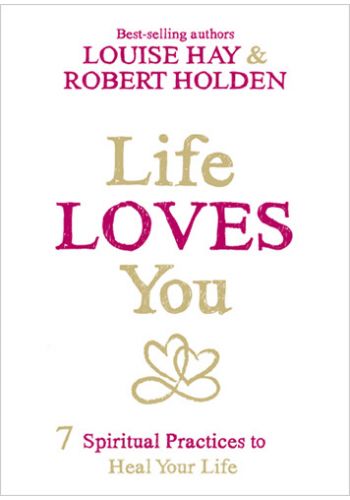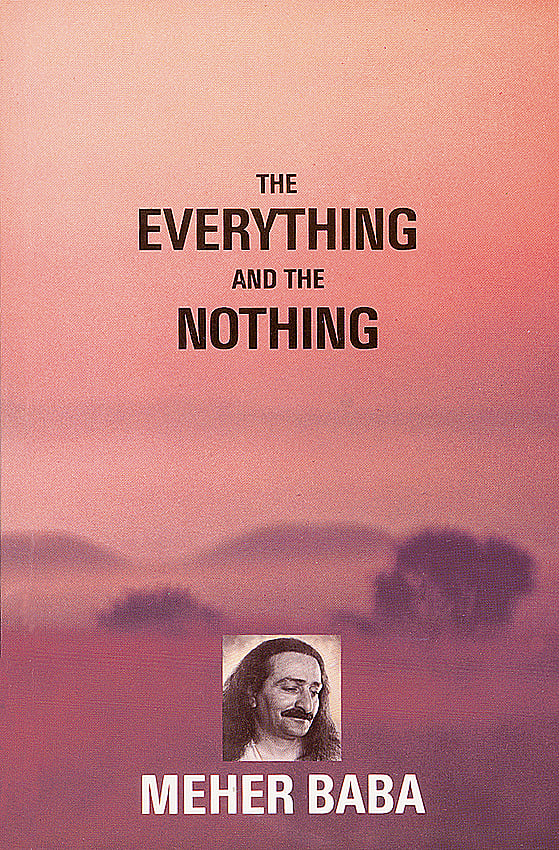ARTICLE
An Introduction to Taoism
Taoists acknowledge the ineffable nature of the Tao, which is also translated as the “way” and “the path.” Yet while the Tao cannot be understood, it can be lived. The spiritual tradition of Taoism is one of aiming to live in harmony with the Tao, both for our personal benefit and the wider enrichment of society.











